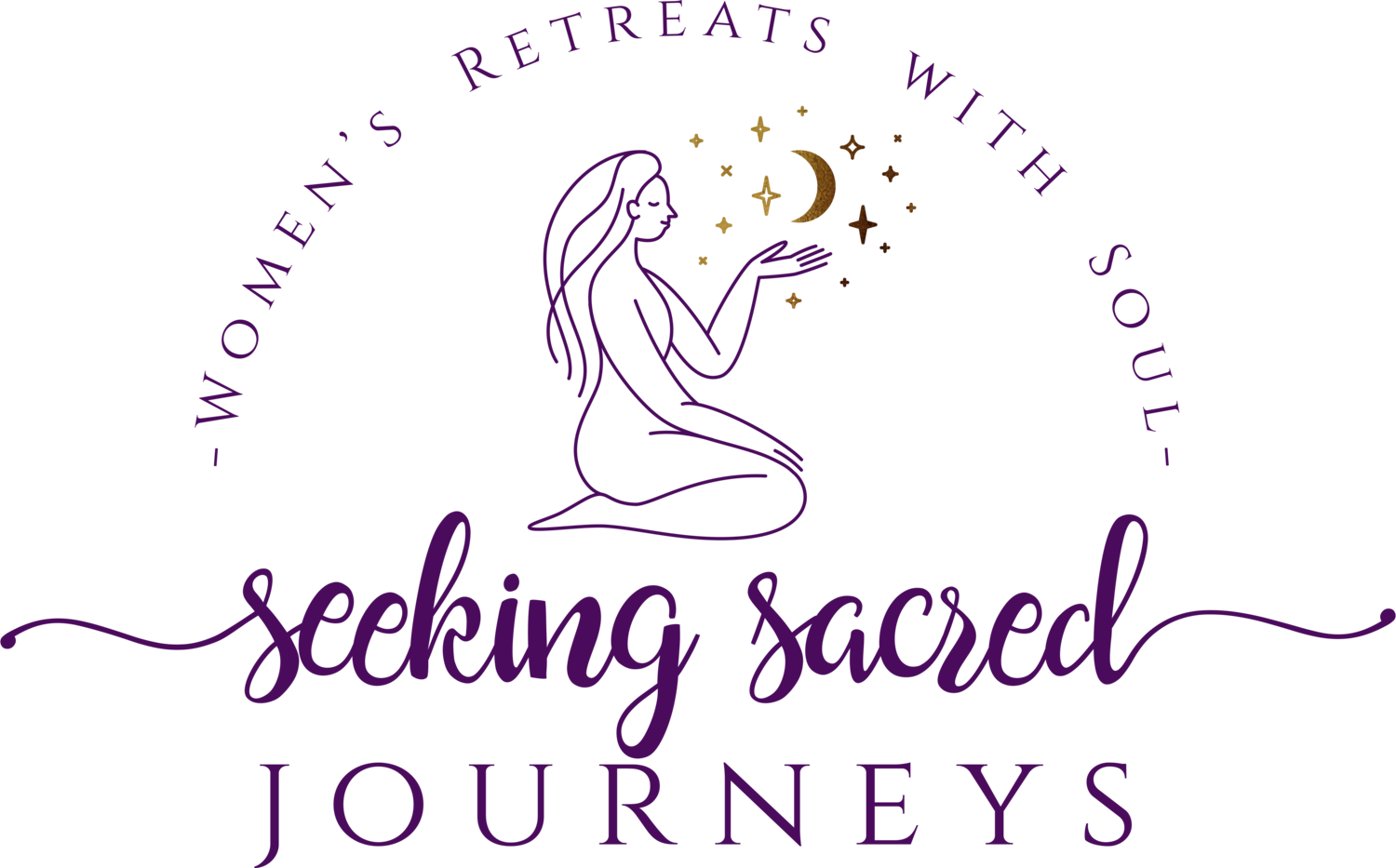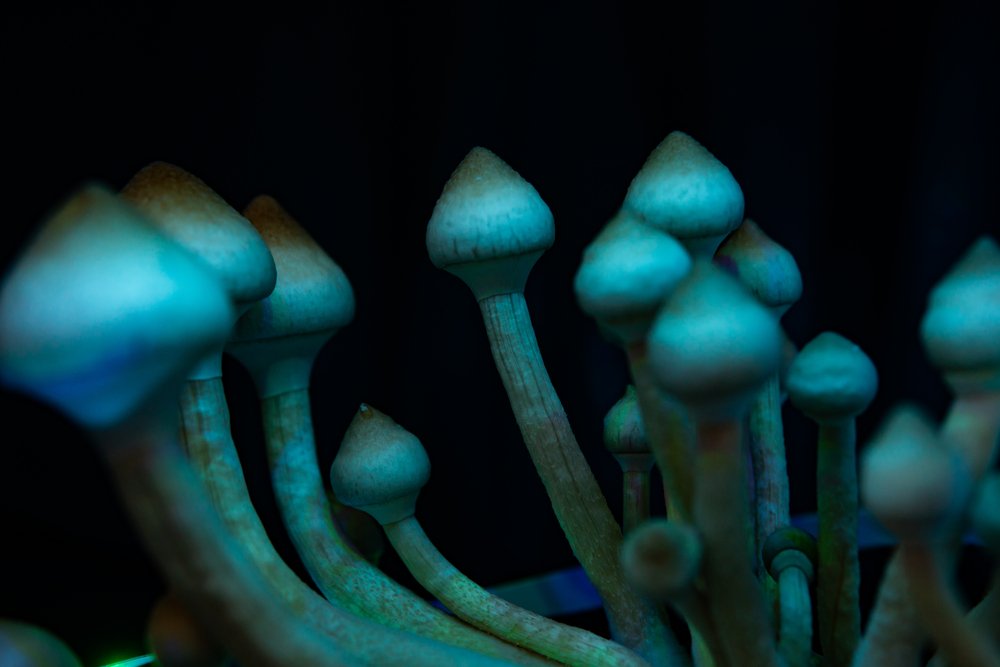Microdosing Psilocybin
Microdosing mushrooms is the practice of consuming small doses of psilocybin, a psychoactive component found in certain mushrooms. Today, more and more evidence is uncovering what our ancestors have known for ages: the powerful properties of microdosing psilocybin to heal and expand consciousness. Discover the long history of magic mushrooms and amazing healing benefits of microdosing psilocybin for spiritual, mental, and physical health.
The ancient origins of magic mushrooms
Magic mushrooms might seem more like a hippie trend or a menace to society, if you grew up during the Nixon era and his War on Drugs. But when you take a closer look, humans have had a long relationship with mushrooms, and it’s more of a love story.
Magic mushrooms have deep cultural and spiritual significance. Our ancient ancestors realized the power of hallucinogenic substances, like magic mushrooms, and used them for religious or shamanic purposes as a form of medicine and mind expansion.
According to Live Science, archeological evidence depicts our ancestors consuming drug plants in sacramental rituals thousands of years ago. Like the San Pedro cactus, a sacred plant medicine used by the spiritual leaders of the Andes in Peru for healing and divination. In fact, carvings on ancient temples show the use of this plant medicine as far back as 1200 BCE.
People living in Mesoamerica used many forms of psychotropic drugs, from magic mushrooms to alcohol-infused enemas and psychoactive dried toad skins. Sculptures throughout Mexico, Guatemala, Honduras, and El Salvador show evidence of magic mushrooms for centuries, from 500 B.C. and A.D. 900, and some of these drugs are still in use today for spiritual expansion and healing.
Does the legend of Santa Claus sound familiar? Well, his origins go back much further than the Coca-Cola ads. Jolly old Santa actually comes from Nordic traditions, when Arctic shamans handed out psychedelic fungi to celebrate the winter solstice. In fact, the eye-catching spotted fly agaric mushrooms inspired Santa’s iconic red and white suit (and even the Pope’s Avante Garde hats and robes).
When you think about it, it makes sense that mushrooms are associated with the clergy and inspired many of the Christian traditions still in practice today. Ancient shamans and religious leaders understood the connection between mushrooms and the spiritual realm. They knew that with the right dosing in a sacred setting, they could transcend the limitations of their everyday thinking, and connect with a deeper consciousness.
From ancient ritual to modern medicine
“When we look within ourselves with psilocybin, we discover that we do not have to look outward toward the futile promise of life that circles distant stars in order to still our cosmic loneliness. We should look within; the paths of the heart lead to nearby universes full of life and affection for humanity.”
Mainstream culture is finally starting to remember the lost wisdom of our ancestors: When taken the right way, psychedelics have tremendous healing potential.
From Albert Hoffman’s discovery of LSD to Harvard psychology professor Timothy Leary’s outrageous antics, the 20th century has seen major movements in support of psychedelic healing.
In recent years, magic mushrooms have reemerged as a form of therapy for trauma, stress, depression, and anxiety. New research shows promise in psychedelic therapy to help war veterans suffering from PTSD and other mental health concerns. 2020 saw the passage of Oregon’s Measure 109, a two-year trial to legalize psilocybin for use in therapy for depression, PTSD, and addiction.
Benefits of microdosing psilocybin
“Mushrooms are miniature pharmaceutical factories, and of the thousands of mushroom species in nature, our ancestors and modern scientists have identified several dozen that have a unique combination of talents that improve our health.”
Microdosing psilocybin, in particular, has become popular. The practice involves taking small doses of psilocybin, a psychoactive component found in certain mushrooms, for its many benefits.
As Insider points out, the psilocybin in mushrooms binds to and stimulates serotonin 2A receptors in the brain. In large doses, this can create an altered sense of reality and hallucinations. When taken in small doses, the psilocybin doesn’t produce any hallucinations. It does provide relief in your emotional state as well as many other benefits.
According to Nature, the exact amount of what constitutes a microdose isn’t established. But, the term generally describes 0.1 to 0.3 g of dried psilocybin mushrooms, an amount that does not impair normal functioning or cause hallucinations.
Some cases combine psilosybin with other healthy components, like the Stamets Stack. Created by mycologist Paul Stamets, the stack combines the medicinal mushroom Lion’s Mane with niacin (vitamin B3) and psilocybin, which have neurodegenerative properties and may even reverse early onset dementia and Alzheimer’s.
People of all walks of life use microdosing as a form of therapy and spiritual awakening. Not to mention, the microdosing trend among tech professionals in Silicon Valley for enhanced focus and creativity.
Microdosing relieves depression, anxiety, and stress
According to Nature, a study observed the effects of microdosing individuals experiencing mental health concerns. Those who took small doses of psilocybin reported lower levels of depression, anxiety, and stress.
Microdosing boosts creativity
A 2019 study observed the effects of microdosing psychedelics. They discovered that small doses of LSD and psilocybin inspire open-mindedness and creativity by encouraging the interaction of different parts of the brain and creating new neural connections.
Microdosing improves focus
You may have heard about Silicon Valley tech professionals microdosing to come up with their next greatest innovation. Well, it turns out they’re on to something! A 2019 study found that a percentage of participants experienced improved focus from small doses of LSD or psilocybin.
Microdosing improves physical and mental health
Frontiers in Psychiatry explains that therapists are turning to new methods, like microdosing psilocybin as alternative treatments for a range of physical and mental health conditions, including anxiety, depression, ADHD/ADD, and pain. Some research suggests that microdosing can help fight inflammation in the body. It may even ease migraines, says Psychedelic Support.
Microdosing activates spiritual awakening
Those who take psilocybin report dramatic mystical experiences that expand consciousness. A study mentioned in New Scientist that one-third of participants in a controlled study had a mystical experience, with half of them describing their encounter as the single most spiritually significant experience they’ve ever had. So it comes as no surprise that throughout the ages, cultures and religions from around the world have used magic mushrooms as a form of divination.
Celebrating Sheri Eckert: A pioneer in psychedelic healing
“If you take the time to explore yourself, to listen to your spirit, to walk among the many less frequented paths within your mind, I am sure you will be amazed at the mesmerizing beauty you will find.”
2020 was an especially important year for the advancement of psychedelic healing. That November saw the passage of Oregon’s Measure 109 in November 2020, which opened a two year trial to legalize psilocybin for use in therapy for depression, PTSD, and addiction.
We can thank Sheri Eckert and her husband, Tom Eckert, driving forces in the passing of Oregon’s Measure 109. Together, they founded the Oregon Psilocybin Society (OPS) in 2016. The nonprofit organization played a major role in bringing forward the legalization of psychedelic therapy in Oregon.
As this article in Psychedelic Review points out, OPS stands out because of its effort to legalize psychedelic mushrooms, not just their chemical components such as psilocybin and psilocin. (Taking psilocybin alone differs from taking psychedelic mushrooms, as the latter contains a cocktail of chemical components working together.) Today, the society continues to raise awareness about psilocybin and Oregon's Psilocybin Services Program.
Sadly, in December 2020, the healing community lost Sheri, one of its most beloved members. A psychedelic leader and psilocybin therapist, Sheri was a pioneer in magic mushroom therapy.
In 2021, The Sheri Eckert Foundation was founded to honor her memory and fulfill the legacy of her life’s work. The foundation aims to provide scholarship opportunities for students seeking licensure as psilocybin practitioners in the state of Oregon.



